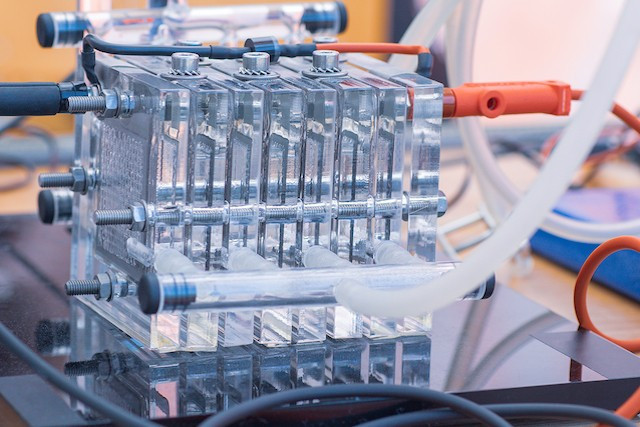Hydrogen allows energy to be stored and released without a carbon footprint. This is only true for renewable hydrogen, however, i.e. hydrogen produced from renewable energies that do not cause greenhouse gas emissions, unlike fossil hydrogen.
“In certain sectors that are difficult to decarbonise by direct electrification, such as heavy industry, hydrogen (H2) is a promising decarbonised alternative to accompany the progress of the energy transition,” said the energy minister.
Luxembourg’s hydrogen strategy will focus on energy efficiency and direct electrification.
“After reducing total energy demand through energy efficiency measures and decarbonising all processes that can be directly electrified with green electricity, renewable hydrogen will be able to play a complementary role in integrating sectors that are difficult to decarbonise through direct electrification, such as heavy industry," added Turmes.
Some of the strategy’s measures include defining the legal, regulatory and supervisory framework at EU level. It also foresees cooperation with EU member states as well as research and innovation. But the main priority will be targeted decarbonisation through renewable hydrogen as well as the development of instruments for a renewable hydrogen market.
The annual consumption of fossil hydrogen in Luxembourg is about 450 tonnes. Substituting this hydrogen with renewable hydrogen has been identified as an intermediate objective before achieving the decarbonisation of other processes that are difficult to decarbonise through electrification.
Luxembourg is on track to create a , though the timeframe remains unclear.
